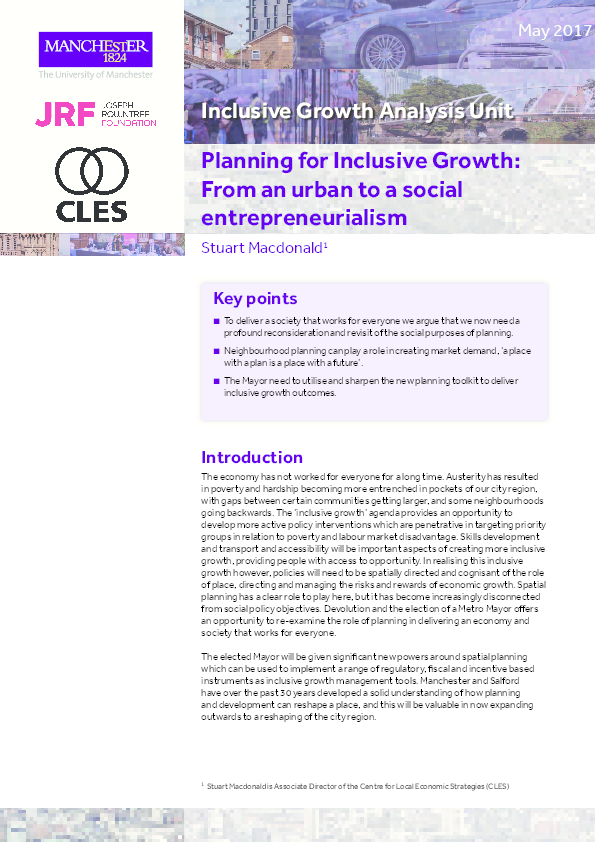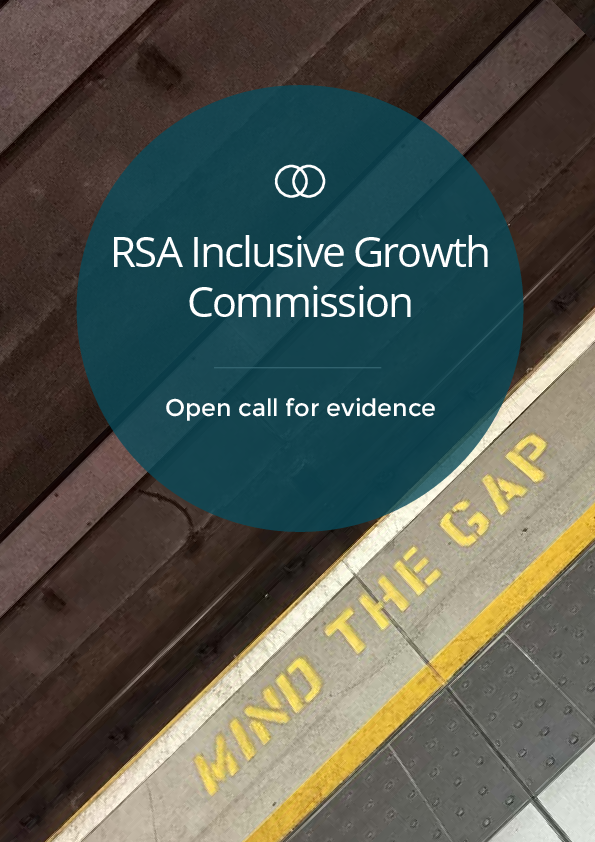Growth = wealth? Not for everyone.
Yesterday the Chancellor of the Exchequer will stood at the dispatch box and argued that his plan is the one that will set this country on the path to prosperity for all. He’s not the first. He almost definitely won’t be the last. And yet here we are.
The climate emergency, austerity, growing inequality and political inertia mean that across the UK and beyond, many people and their families are struggling to make ends meet. These are not new crises. And yet, for decades Chancellors have set out the ways in which they will deregulate, bulldoze, build, cut through regulation and overturn every conceivable stone in the pursuit of growth. Few are bothered about the quality of the economy they are nurturing, merely the upward trajectory. Often the most important question is missed: who benefits?














